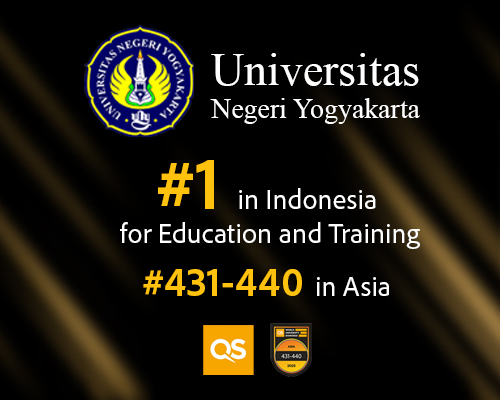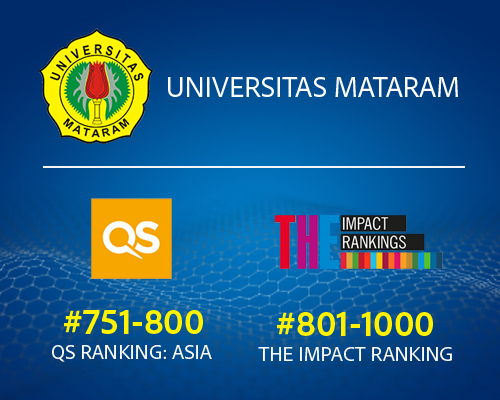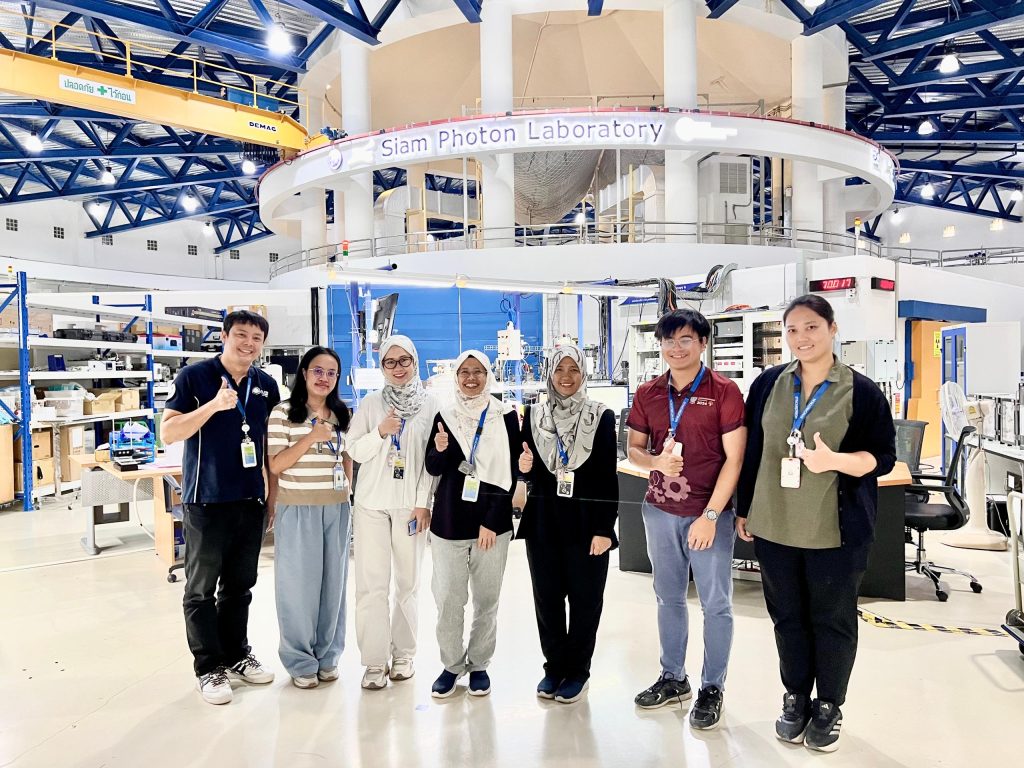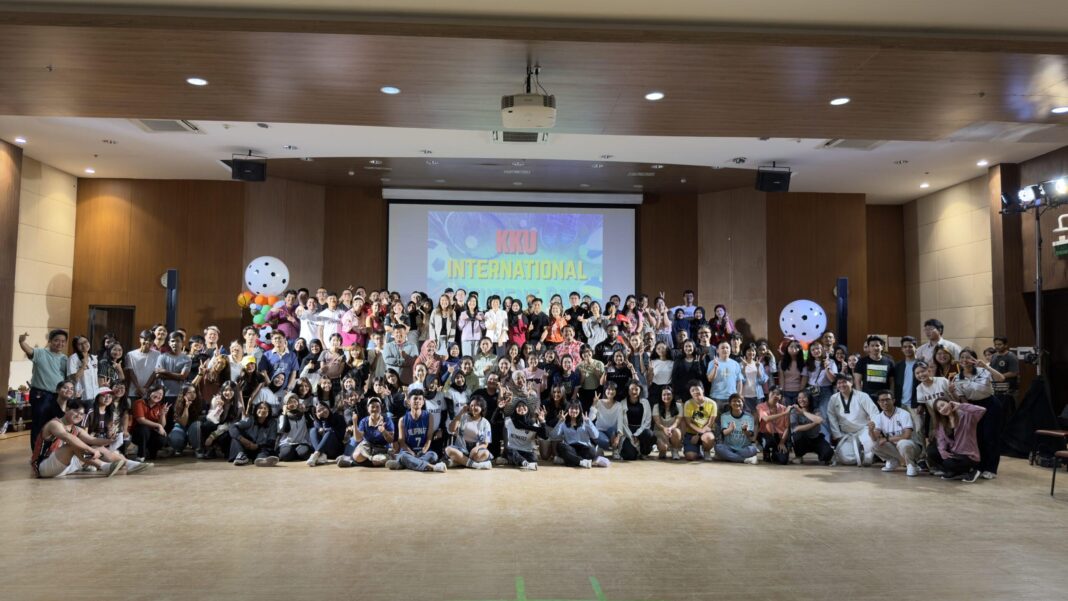When Malaysian researchers spend 48 hours straight analyzing atomic structures at one of Southeast Asia’s most advanced research facilities, you know something significant is happening. The University Technology MARA (UiTM) Penang Branch has just concluded a groundbreaking research collaboration with Thailand’s premier nanotechnology institutions, marking another milestone in regional scientific cooperation and nanoteknologi advancement.
UiTM and NANOTEC Thailand Forge Strategic Nanoteknologi Partnership
Cutting-Edge Research at Thailand’s Synchrotron Facility
From June 13-17, 2025, a dedicated research team from UiTM’s Chemical Engineering Studies department conducted high-impact experiments using X-ray Absorption Spectroscopy (XAS) techniques at the prestigious Synchrotron Light Research Institute (SLRI) in Nakhon Ratchasima, Thailand. This intensive research mission represents a significant step forward in strengthening international research networks within the nanoteknologi sector.
The research team, led by Dr. Rasyidah Alrozi alongside PhD student Riza Lydia Liyana Rizalmen, demonstrated remarkable dedication by conducting XAS tests for 48 continuous hours. Moreover, this marathon research session enabled them to analyze atomic metal structures within nano-composite matrices with unprecedented resolution.
Breakthrough Results in Atomic-Level Analysis
“The use of synchrotron facilities provides extraordinary capability in analyzing materials at the atomic scale. The data obtained has shown significant improvements in detection sensitivity, which is crucial for understanding interactions at the nano level,” explained Dr. Rasyidah.
Unlike conventional analytical methods, the synchrotron-based approach offers researchers the ability to probe materials with exceptional precision. The team’s findings revealed substantial enhancements in detection sensitivity, providing critical insights into nano-scale interactions that were previously difficult to observe.
Strategic Partnership with NANOTEC Bangkok
The research visit extended beyond laboratory work to include strategic meetings with Thailand’s National Nanotechnology Center (NANOTEC) in Bangkok. These collaborative sessions facilitated knowledge exchange with leading Thai nanotechnology experts, opening new avenues for bilateral cooperation.
Senior lecturer Dr. Nor Aida Zubir emphasized the transformative nature of this partnership. The collaboration with Dr. Pongtanawat and the NANOTEC team has created opportunities for improving synthesis protocols and nanoparticle characterization specifically for spectroscopic imaging applications.
Enhanced Synthesis Techniques Through Collaboration
“This collaboration not only enhances scientific understanding but also helps refine synthesis techniques to improve nanoparticle effectiveness in imaging applications,” Dr. Nor Aida Zubir noted. Furthermore, the partnership demonstrates how international cooperation can accelerate scientific breakthroughs in materials science and advanced nanotechnology applications.
Technical Excellence and Knowledge Transfer
Beyond the primary research objectives, SLRI provided comprehensive technical guidance in handling high-impact instruments. This hands-on training ensured that data collection processes proceeded smoothly and efficiently, maximizing the value of the expensive synchrotron time allocation.
The technical mentorship component proves particularly valuable for emerging researchers, as synchrotron facilities require specialized knowledge to operate effectively. Such advanced spectroscopy techniques are becoming increasingly important in materials characterization and nanotechnology research globally.
Establishing UiTM as a Global Research Hub
This successful collaboration underscores UiTM’s unwavering commitment to accessing world-class research technology while simultaneously strengthening the reputation of UiTM Penang’s Chemical Engineering Studies as a globally recognized center of excellence in nanoteknologi research.
The achievement reflects a broader trend toward international scientific collaboration in Southeast Asia, where universities are increasingly partnering across borders to tackle complex research challenges. On the flip side, it also highlights Malaysia’s growing prominence in the regional research landscape.
Building Tomorrow’s Research Networks
The partnership between UiTM and Thailand’s research institutions creates a foundation for future collaborative projects. These relationships often lead to:
- Joint research publications in high-impact journals
- Student and faculty exchange programs
- Shared access to specialized research equipment
- Coordinated grant applications for larger research initiatives
Such collaborations are essential for advancing nanoteknologi research, particularly in developing nations where individual institutions may lack access to the most expensive research infrastructure.
Future Implications for Malaysian Science
This successful research mission positions UiTM to play an increasingly important role in regional scientific networks. Nevertheless, the real impact will be measured by how effectively the institution leverages these new relationships to advance both fundamental research and practical applications of nanotechnology.
The collaboration demonstrates Malaysia’s commitment to participating actively in the global scientific community, particularly in emerging fields like nanoteknologi where international cooperation often determines research success. As regional universities continue building these cross-border partnerships, Southeast Asia is establishing itself as an increasingly important hub for advanced materials research.
Through strategic partnerships like this UiTM-NANOTEC collaboration, Malaysian researchers gain access to world-class facilities while contributing their expertise to regional scientific advancement. This balanced approach to international cooperation ensures that Malaysian institutions remain competitive in the global research landscape while building the foundation for future scientific breakthroughs in nanoteknologi and beyond.





